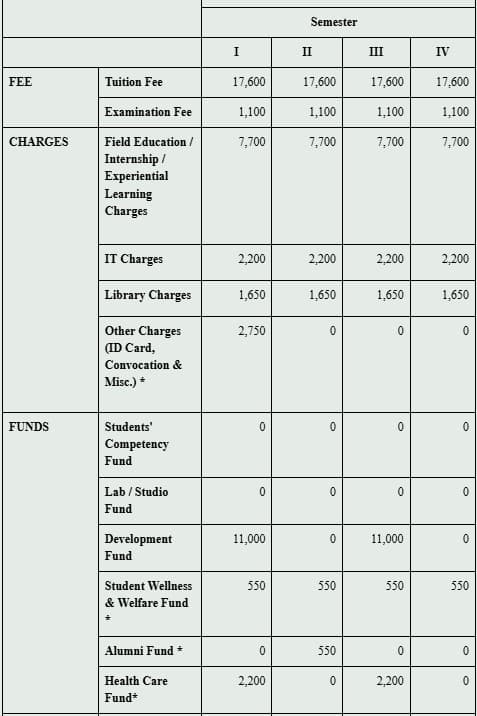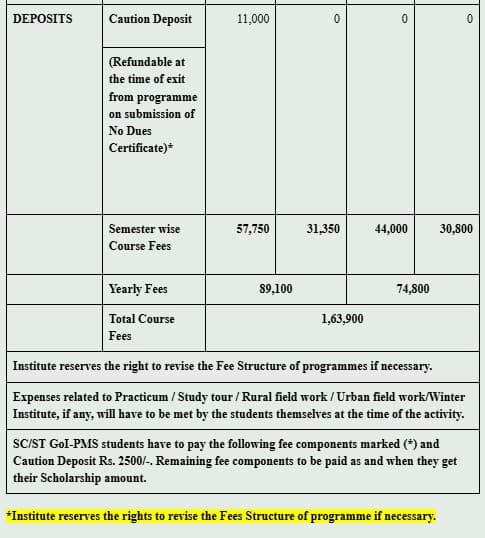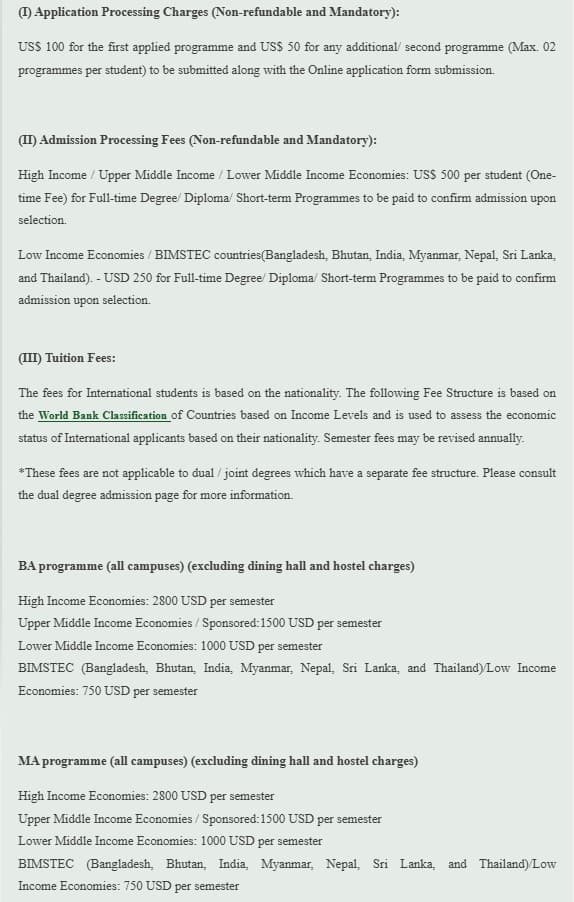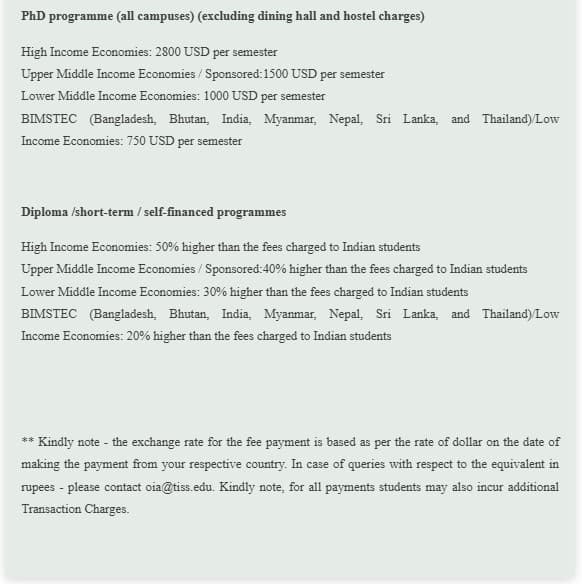The admission process for the course involves the TISSNET entrance exam, a pre-interview written test, and faculty interviews. The program offers 36 seats, but typically enrolls only up to 25 students annually to maintain quality. The faculty is highly experienced, with involvement in government projects and NGOs, offering personalized mentorship and support for both fieldwork and research. The university provides affordable fees compared to others, with no hidden costs, although there is a delay in repaying the hostel security deposit.
Placement opportunities depend on the course, with some offering guaranteed placements, while others, particularly in criminal justice, focus on imparting life skills rather than high placement rates. The reviewer financed their education with parental support, acknowledging their privileged background and refrained from applying for scholarships to leave them available for those more in need.








.png?h=78&w=78&mode=stretch)

.png?h=78&w=78&mode=stretch)

 (1).png?h=78&w=78&mode=stretch)




















.png?h=72&w=72&mode=stretch)
.png?h=72&w=72&mode=stretch)
 (1).png?h=72&w=72&mode=stretch)




















Comments